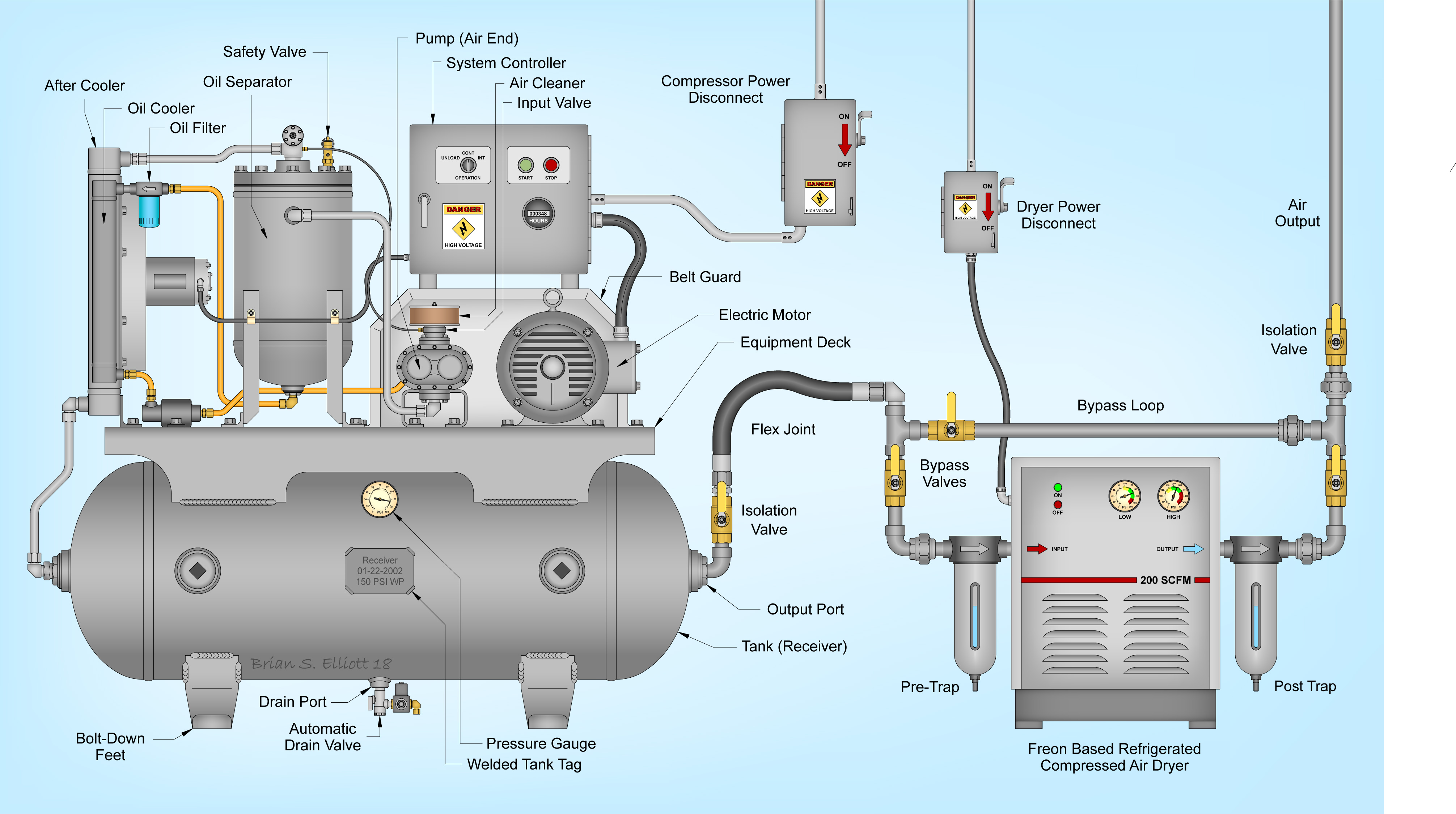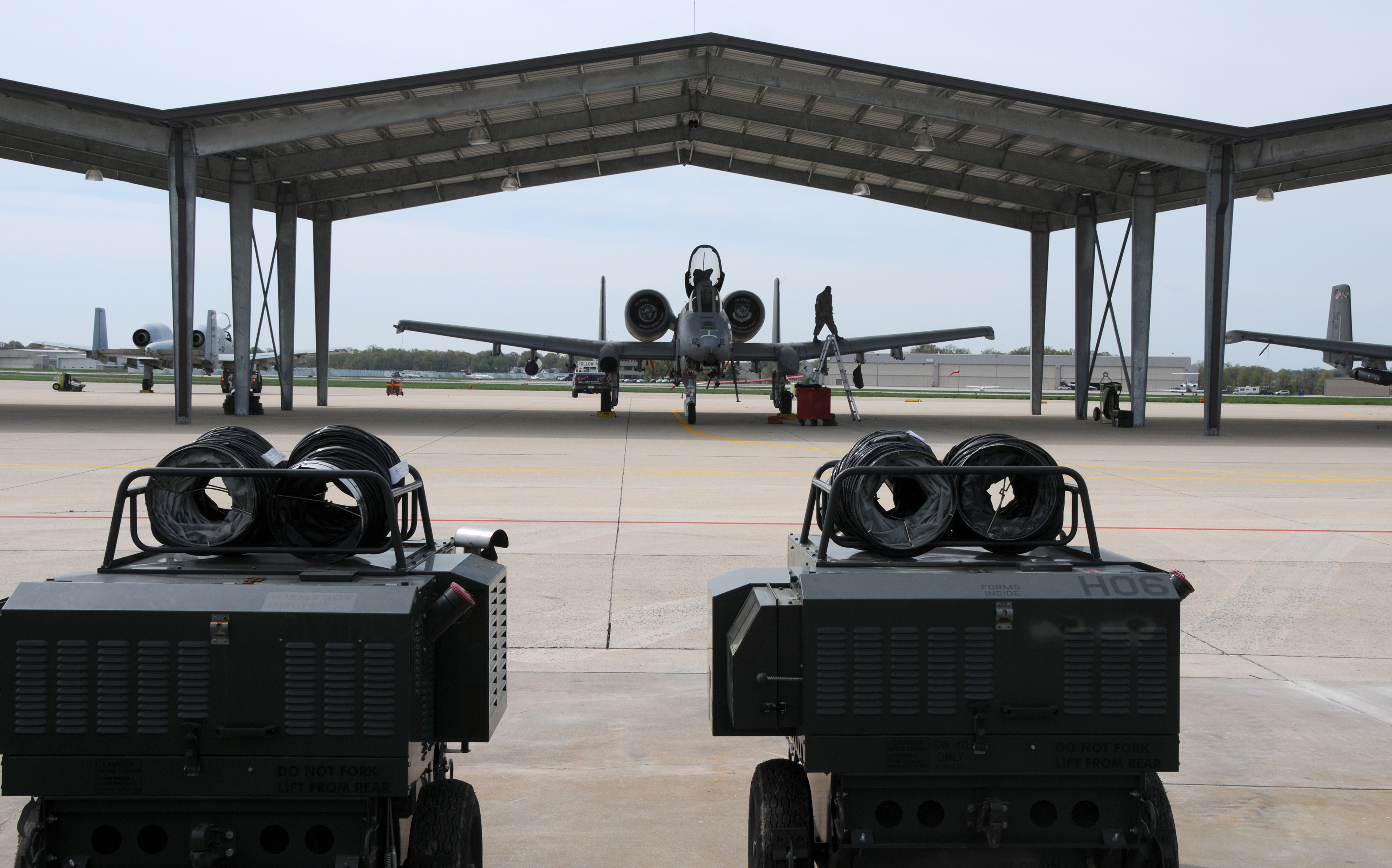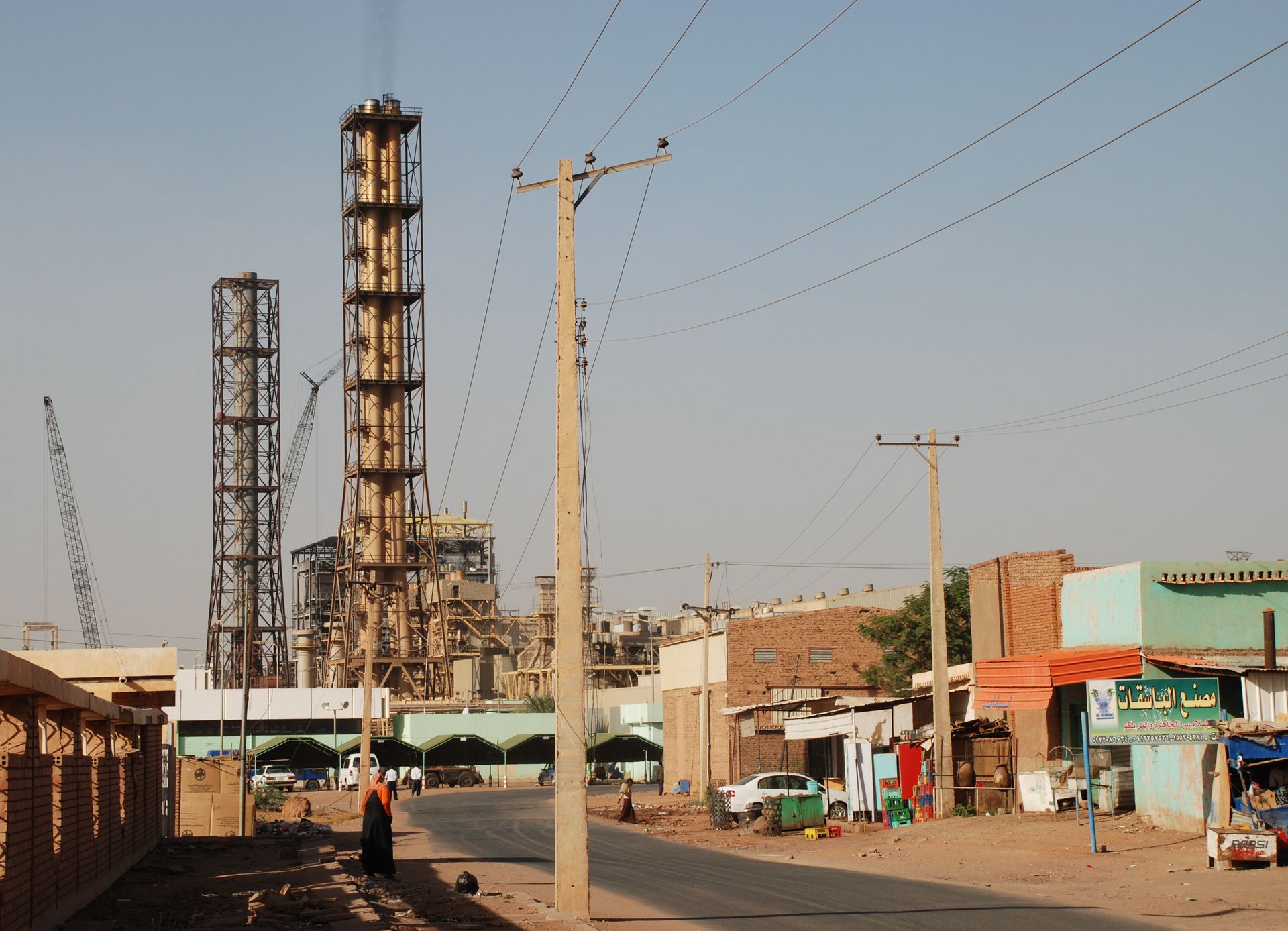Choosing the best gasket can be an overwhelming task. They are important to safeguarding your internal materials from external products. Gaskets are available in many sizes and shapes. Picking a gasket that will make your piece run at optimal performance is an essential job, so make sure to do your research study and get the personalized piece that fits your needs.
IS A GASKET WHAT YOU NEED?
You might think you require a gasket, however another item may fit your requirement better.
A spacer, or "shim" might be what you are trying to find if you are attempting to fill little assembly spaces in between elements. There are narrow wedges used for packing or leveling functions.
O-rings are another factor to consider when aiming to create a barrier around an area with leakage potential. They are comparable to gaskets, but they are made nearly solely of artificial rubber or plastic polymers with elastomeric homes, and are produced exclusively in ring kind. They also have a high pressure resistance and are understood for their round or square cross-sectional configurations.
WHAT SHOULD YOU SEARCH FOR IN A GASKET?
Now that you have actually chosen a gasket is the very best choice to fit your application, the next step is to comprehend the different types. Gaskets can be made and enhanced with different types of materials, which enhance the product in various methods. Here are some of the most common and popular gaskets.
Metal Gaskets: These types of gaskets can be made from a wide range of metals: steel, brass, copper, nickel, aluminum, or stainless steel. They are best for jobs that have high thermal levels and pressure. Although it does take a lot for it to form a seal, and it is not really versatile, it does a terrific job once it remains in location.
Rubber and Plastic Gaskets: These are by far the most popular gaskets in production. They have very tight seals while remaining easy to install. They also can go through heats without losing form.
Silicone Gaskets: Silicone Gaskets have the greatest resistance to extreme temperature levels. They are available in many sizes and shapes and their seals can be created really easily.
Let's have a look at the four primary types of gasket specs that serve special purposes.
Jacketed Gaskets: These gaskets are either single or double jacketed in metal, which enhances resistance to pressure, temperature level and deterioration.
Solid Gaskets: These gaskets are http://saphiria.net/benjinawe4/post-exactly-how-to-48356.html made of metal and are comparatively less expensive than jacketed gaskets. While they have very resilient thermal and pressure defenses, they are harder to seal than other gaskets and are not effective on all surface areas.
Spiral Injury Gaskets: This gasket is made from either rubber or plastic and is swirled into a spiral. These are best matched to stand up to heat situations or high amounts of physical stress. They are used most often for piping, pumping, and heat exchange systems.
Kammprofile Gaskets: These gaskets are made of malleable product which develops a seal unlike any other. It has a mix of metallic and nonmetallic materials. It's made to hold up against high quantities of physical stress while still remaining versatile. It is an extremely trusted gasket, specifically for heat exchange systems.
WHAT NEXT?
Now that you have actually selected a gasket you think might be ideal for you, it's essential to examine it under different pressures. It is vital to evaluate your gasket for its capacity for enduring compressive loads. Use a hot compression test to gauge your gasket's capability to endure certain weights and temperature levels.
Test its chemical resistance against corrosive properties of the fluid it will be working with. Some may be resistant to oil, but are not to be utilized with oxidizing fluids. ePTFE is ideal for all usages in the 0-14 pH variety, however can not manage molten alkali metals and certain components. Make certain you know what liquid you'll be dealing with when seeking to discover a gasket.
Overall, your procedure in selecting a gasket ought to be to determine the environment and conditions it will be operating in, select the right material, weigh the construction elements, assess resistances and abilities, and test performance.
The last step is to contact the right manufacturers to offer you with what you need. For a broad and customizable choice of gaskets, tubes and other items, contact Leader Rubber and Gasket to get a quote for whatever you may require.
Jay Turner Company

1012 N 1st St, Artesia
NM 88210, USA
575-746-1730







